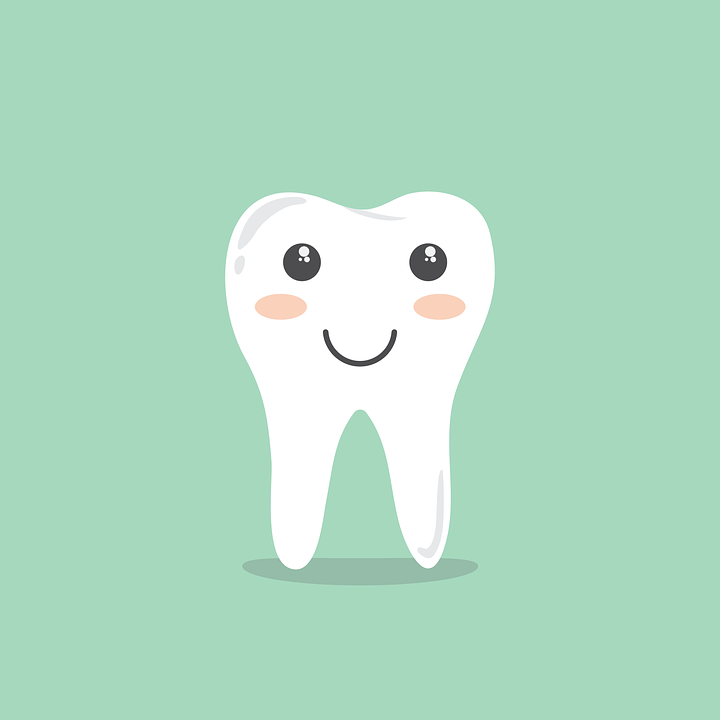
Losing a couple of teeth can be a great ordeal for most people because it is a permanent loss. However, the best solace is that there are alternatives like false teeth also known as dentures, which can be partial or complete, tooth implants, bridges etc. Sometimes teeth fall out when they are decayed and are beyond saving. In some cases the decay sets in and the tooth becomes very painful and the dentist suggests extraction.
What Is Meant by Tooth Extraction?
Tooth extraction is the surgical removal of a decayed or damaged tooth. It is a painless procedure where the dentist gives a local anesthetic and pulls out the troubling tooth. In some cases, the tooth may be weak at the base and may break off, leaving the root still embedded in the bone. In such cases, the dentist makes a small incision and removes the root as well as if left behind it can cause severe pain.
After extraction, you need to give enough time for the gums in the area to heal properly. The dentist will advise you to take only liquid food. Make sure that the liquid food you take is not either too hot or too cold. Most dentists will give clear instructions to the patients, some give written instructions, which need to be followed religiously to avoid any sort of complications. When all the instructions are followed there are less chances for contracting any infection, and the wound heals faster.
Here Are Some Important Do’s and Don’Ts After Tooth Extraction:
Do’s:
-
Do avoid physical activity. It’s not that you will feel tired or fatigued after a tooth extraction. It’s just that you need to take it easy for a day or so to give a chance for the wound to heal. Try to keep your head in an upright position while sleeping as it reduces blood rushing to the affected area and helps control the pain.
-
Allow the tooth extraction site to heal. Let the clot form in the area as it will form a protective covering and hasten the healing process. As a follow-up the dentist or his or her assistant will give some surgical cotton and medicated gauze that the patient needs to bite down on the extraction site and hold it there for an hour or so soon after the procedure is done. If it is painful, make sure you take the medication prescribed by your dentist.
-
Reduce the swelling in the area by applying ice packs. Normally, an extraction site gets inflamed. Applying ice packs on the cheek just outside the extraction site helps control the inflammation and also gives relief from the pain. If the swelling persists, continue the ice pack treatment for a couple of days and it will automatically subside.
Don’ts:
-
If you are a smoker you need to abstain for a couple of days, at least. Tobacco smoke is very toxic and when it comes directly in contact with the raw wound surrounding the extraction site it can cause immense harm. Moreover, tobacco smoke affects the clotting process and delays the healing of the wound.
-
Avoid eating any solid food after a tooth extraction. If solid foods are chewed soon after extraction the raw wound can open and cause fresh bleeding, moreover it delays the healing process as well. Only soft liquid food that is lukewarm needs to be taken for a couple of days after a tooth extraction.
-
Don’t use chilly water to rinse your mouth as cold water coming in contact with the raw wound around the extraction site can cause pain and sensitivity. Instead, rinse with lukewarm saline water (salt solution) which acts as a natural disinfectant and prevents bacteria thriving in the wound.
-
Don’t forget to take the medication prescribed by your dentist. The entire course of antibiotics and anti-inflammatory drugs must be completed for total recovery. Apart from helping reduce the swelling, anti-inflammatories help by giving relief from pain. Skipping medication can only add to your woes and delay the healing process.
-
Avoid taking Aspirin as it has anticoagulant properties. Aspirin tends to thin the blood and affects the clotting process. Although it is effective in controlling pain, it prevents clotting in the affected area and is not recommended.
-
Don’t use a straw to drink soft drinks. Any form of sucking, sipping, eating hard foodstuffs, etc. need to be avoided. Smoothies, milkshakes, fresh fruit juices (except fresh lime) soups, broths and lukewarm beverages can be taken. Avoid chilled or hot liquids.
-
Avoid using a toothpick or your tongue in the affected area. Normally people tend to keep massaging the area with their tongues, however this causes more harm than good. Resisting the urge to touch the area with your tongue, finger or a toothpick is advisable.
Shop Now!
